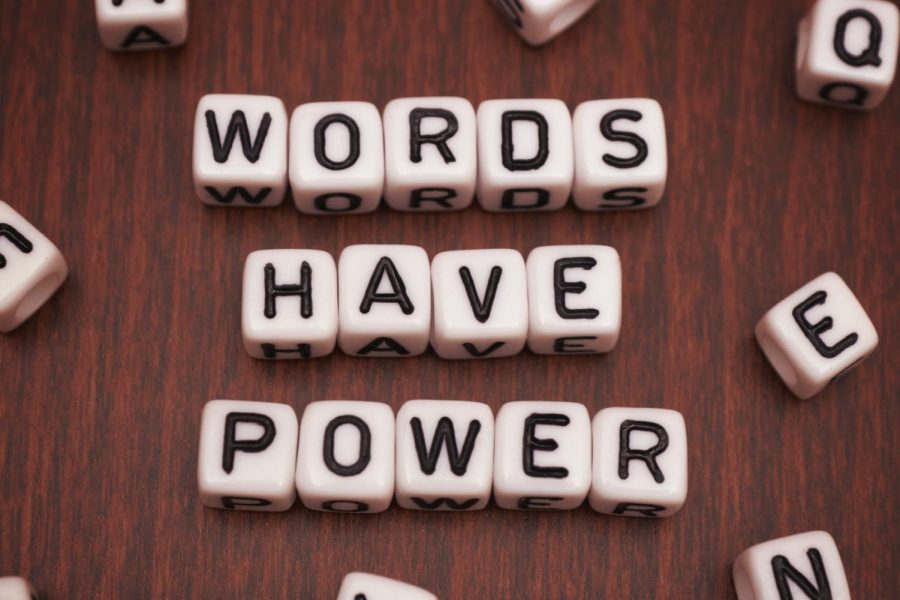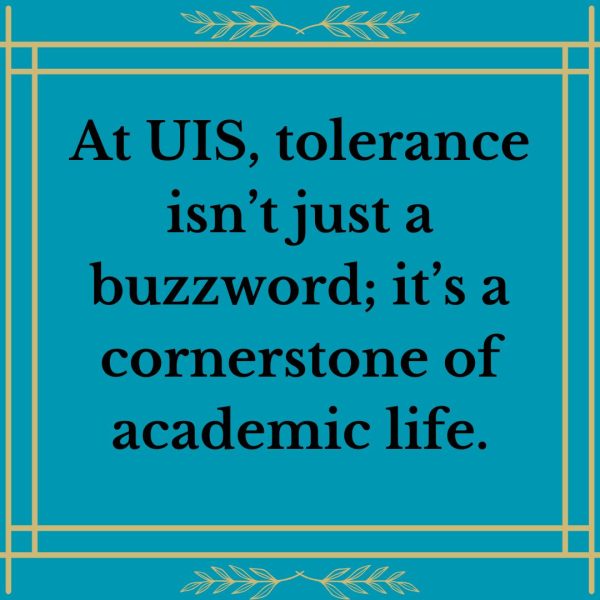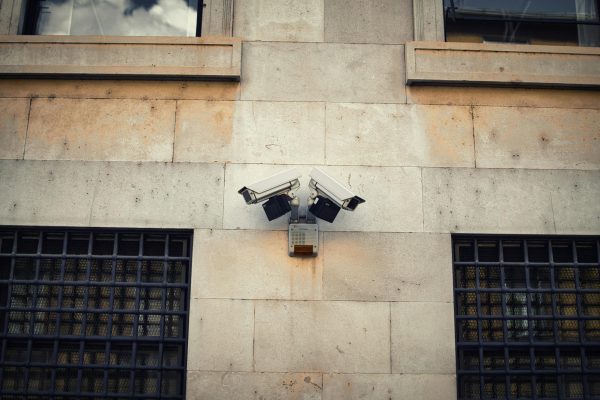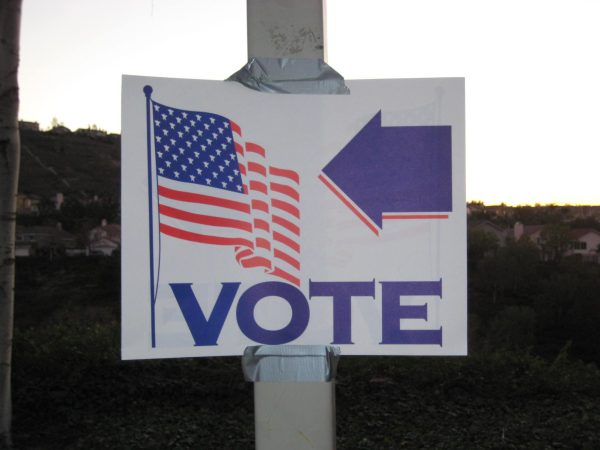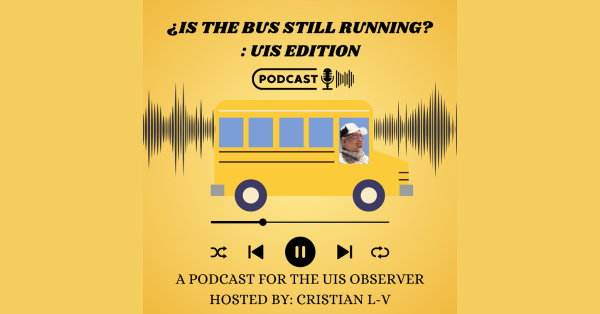The Power of Words
In one of the last issues of The Journal, I wrote an article on the rumors that sprang up after some false reporting on a mass shooting. Overall it was a simple, barebones article that should not have taken more than an hour or two to write. In the end, it took me over five hours to write, and for good reason. Even though The Journal is not a widely read publication, the words I choose to add to it carry some troubling ethical weight.
The ethical weight most people assume I am referring to are my commitments to reporting stories truthfully and in an unbiased manner. While those are considerations that I take into account with every story I write, there is one weight in particular that slows my writing down.
While not every journalist takes this into account, we do have a responsibility to use specific language when we report on sensitive topics. For example, when I reported on the Aurora tragedy I deliberately kept as many details of that event as vague as possible. I did not cover the death count. I never mentioned the shooter’s name. I am doing the same thing right now. The question you may have, is why?
Too often when the media reports on tragedies like this, the focus of their reports are on the sensationalist, clickbait details. For them, the focus of this reporting is not to cover a national tragedy, it is to draw people to the issue and guarantee them some ad revenue. By reporting on these topics in this manner, the mainstream media helps glorify the actions of the criminals in these situations. As a result, future criminals gain a sense that their actions are legitimate means of spreading their ideals to the rest of the world.
We can not allow this precedent to exist anymore. If you find yourself speaking on issues like this, I recommend searching for a style guide online. While these documents are not perfect, the advice they give on safely reporting on sensitive content is invaluable.



